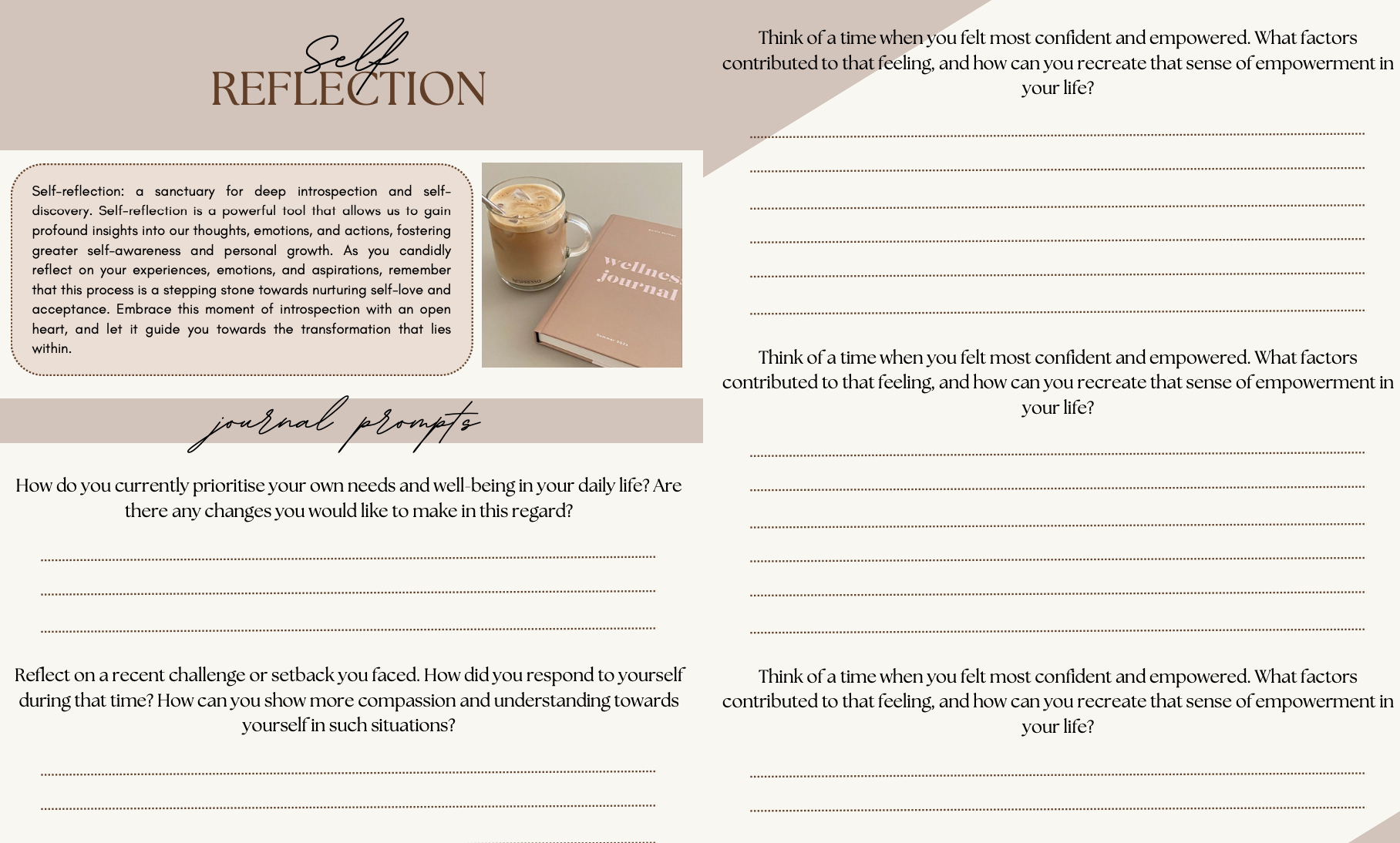Why Self-Love Feels Hard (And How to Actually Cultivate It)
Self-love is often seen as a positive, straightforward concept, but the reality is much more complex. Many people struggle with self-love because they carry deeply ingrained beliefs from childhood, past trauma, or societal expectations that conflict with accepting themselves fully.
When we talk about self-love, it often sounds simple, but for many of us, it feels impossible. We live in a world that constantly demands more from us—more productivity, more perfection, more success—leaving us with little room to care for ourselves. It's easy to think that loving ourselves should come naturally, but it's not always that straightforward. So, why does self-love feel so hard?
The Science of Self-Love:
Psychologically, we may have internalized negative messages about our worth, making self-acceptance difficult. Neuropsychologically, this can manifest in patterns of self-sabotage, stress, or anxiety, as the brain’s pathways are shaped by these negative beliefs.
Our brains are wired for survival, not self-compassion. Negative bias is the tendency of our brains to focus on danger or what's wrong, rather than what's right. This means our minds are naturally inclined to criticize, judge, and worry, especially about ourselves. On top of that, the inner critic gets louder when we face challenges or setbacks, reinforcing feelings of inadequacy.
Studies show that our brain's default mode network, which processes our sense of self, can be rewired through consistent self-compassion practices. This means that, through neuroplasticity, we can rewire the brain to foster a healthier, more accepting sense of self.
Why Overcoming Barriers Is Important
Overcoming self-doubt and cultivating self-love helps us to break free from old patterns of negative thinking, increasing our emotional resilience and improving our relationships with others. These shifts lead to greater overall well-being and self-empowerment.
Self-love doesn't happen overnight. It’s a skill that we have to practice regularly. Think of it like learning to play an instrument: it requires patience, dedication, and the ability to work through frustration when things don't sound right. And just like any skill, the more you practice, the easier it gets. To cultivate true self-love, we must first quiet the inner critic, release the need for perfection, and embrace our imperfections.
How to Cultivate Self-Love:
Reframe Negative Thoughts: When you notice self-doubt or criticism, pause and challenge it. Is this thought really true? What evidence do you have to support it?
Embrace Imperfection: Remember, no one is perfect, and trying to be perfect only leads to burnout.
Practice Self-Care: Sometimes self-love is as simple as taking care of your body and mind—whether that’s taking a bath, exercising, journaling, or practicing mindfulness.
A Gift for Your Self-Love Journey
To support you in turning inward this month, throughout this month, I’m offering more than 50% off my Digital Self-Love Journal—a guided space to explore your needs, cultivate compassion, and strengthen the relationship that matters most: the one with yourself.
Self-love is a lifelong journey, but the more you practice it, the more natural it becomes. You deserve to love yourself, just as you are, imperfections and all.
We all do.
PS - As an additional loving act towards yourself, re-treat yourself to an immersive weekend of empowerment, transformation, and encouraging tribe. Secure your spot at April’s Rekindle Your Magic retreat - I’ll look forward to supporting you on this beautiful journey!

